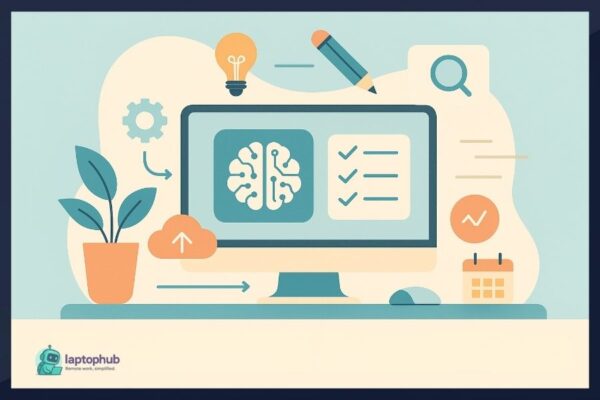Grammarly has rebranded as Superhuman, following its acquisition of Superhuman Mail. The move marks a bold shift from a writing assistant into a full-fledged AI productivity platform, led by the launch of Superhuman Go, a new AI agent designed to streamline workplace communication and collaboration.
From Grammar Checks to AI Productivity
Grammarly, once synonymous with grammar correction and writing enhancement, has officially evolved. The company announced it is rebranding as Superhuman, integrating the capabilities of the email startup Superhuman Mail, which it acquired earlier this year.
The rebrand positions Superhuman as more than a writing tool—it’s now an AI-driven productivity suite. The new identity reflects its expanded focus on automating communication, task management, and workflow optimization across digital platforms.
The Launch of Superhuman Go
Alongside the rebrand, the company introduced Superhuman Go, an AI assistant that can summarize meetings, write emails, and manage communication threads autonomously. Unlike traditional chatbots, Superhuman Go is designed to act as a proactive co-worker, capable of taking initiative based on user context.
Superhuman CEO Rahul Roy-Chowdhury described the change as “a reinvention of productivity for the AI era,” emphasizing that the company’s mission is to help professionals work faster and smarter while maintaining clarity and tone.
Why It Matters
This rebrand represents a significant evolution in the AI productivity landscape. Grammarly was already a major player in writing assistance, but by becoming Superhuman, it enters the competitive space of AI copilots and digital productivity agents, challenging tools like Microsoft Copilot, Google Duet AI, and Notion AI.
For users, this means Grammarly’s familiar features—tone detection, grammar correction, and writing suggestions—will now merge with AI-driven workflow automation, potentially turning it into a central productivity hub for professionals and teams.
What to Watch
As Superhuman transitions from a single-purpose app to a comprehensive productivity ecosystem, the next few months will determine how effectively it can integrate AI capabilities without compromising privacy or usability.
Tech analysts are watching how Superhuman Go performs in real-world settings—and whether this shift inspires other AI-powered tools to follow suit.




